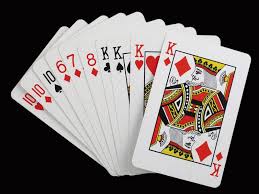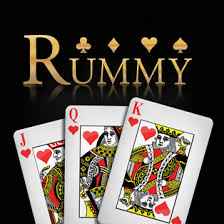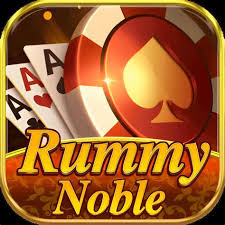Rummy Card Game, with its blend of strategy, skill, and a touch of luck, has enthralled players across the globe for decades. Its appeal lies in its straightforward rules and the depth of strategic play it offers. This article delves into the essence of Rummy, from its historical roots to the various popular versions played today, and provides tips for both beginners and seasoned players.
The Origins of Rummy
Rummy’s origins can be traced back to the early 19th century, with its roots likely stemming from the Mexican game of Conquian. As Conquian spread to other parts of the world, it evolved into different forms, eventually leading to the various Rummy games we know today. By the early 20th century, Rummy had gained international popularity due to its simple yet engaging gameplay.
Basic Rules and Gameplay
Objective: The primary goal in Rummy is to organize your hand into valid combinations of sets and runs. A set consists of three or four cards of the same rank but different suits (e.g., 7♠, 7♦, 7♥), while a run is a sequence of three or more consecutive cards of the same suit (e.g., 4♠, 5♠, 6♠).
Setup: Rummy is typically played with a standard 52-card deck. For games with more than four players, a second deck may be added. Each player is dealt a certain number of cards—usually 10 cards for a 2-player game or 7 cards for a 4-player game. The remaining deck forms the draw pile, and one card is placed face-up to start the discard pile.
Gameplay: Players take turns drawing a card from either the draw pile or the discard pile and then discarding one card. The objective is to arrange your cards into sets and/or runs. The game ends when a player has successfully arranged all their cards into valid combinations and discards their final card.
Scoring: Once a player goes out, the remaining players reveal their hands. Points are tallied based on the cards left in their hands—face cards are worth 10 points each, aces are worth 1 point, and numbered cards are worth their face value. The player with the lowest total score wins the round, and the game can be played over several rounds to determine the overall winner.
Popular Variations of Rummy
- Gin Rummy: Designed for two players, Gin Rummy simplifies the game by focusing on melding cards and “knocking” to end a round. Players aim to minimize the point value of unmelded cards left in their hands.
- Indian Rummy: Typically played with two decks and jokers, Indian Rummy involves dealing 13 cards to each player. The game emphasizes forming valid sets and runs, and the use of jokers adds an extra layer of strategy.
- Kalooki (or Kaluki): A variation that often involves two decks and jokers, Kalooki requires players to lay down their entire hand in valid combinations. Rules can vary, with different regions having their own scoring and declaration methods.
- Oklahoma Rummy: This variant introduces a unique twist where the value of jokers is determined by the initial discard, adding a new dimension to the strategy.
Strategy and Tips
- Observe Your Opponents: Pay attention to the cards your opponents pick up and discard. This can give you valuable insights into their strategies and help you make informed decisions.
- Manage Your Hand: Aim to keep your hand flexible by holding cards that can potentially be used in multiple combinations. Avoid holding onto high-value cards unless they contribute to a set or run.
- Use Jokers Wisely: If playing with jokers, use them strategically to complete sets or runs. Be mindful that holding onto jokers can also increase your opponents’ chances of going out if they see you holding onto them.
- Track Discards: Keeping track of discarded cards can help you make better decisions about which cards to retain or discard, and can prevent you from holding onto cards that are unlikely to be useful.
Conclusion
The Rummy card game has secured its place as a classic favorite in the realm of card games, thanks to its blend of simplicity and strategic depth. Whether you’re engaging in a friendly family game or competing in a more formal setting, mastering Rummy can provide endless entertainment and challenge. By understanding its rules, exploring its various versions, and employing strategic tips, players of all skill levels can enjoy the timeless appeal of Rummy. So, gather your cards, round up your friends or family, and immerse yourself in the captivating world of Rummy.























